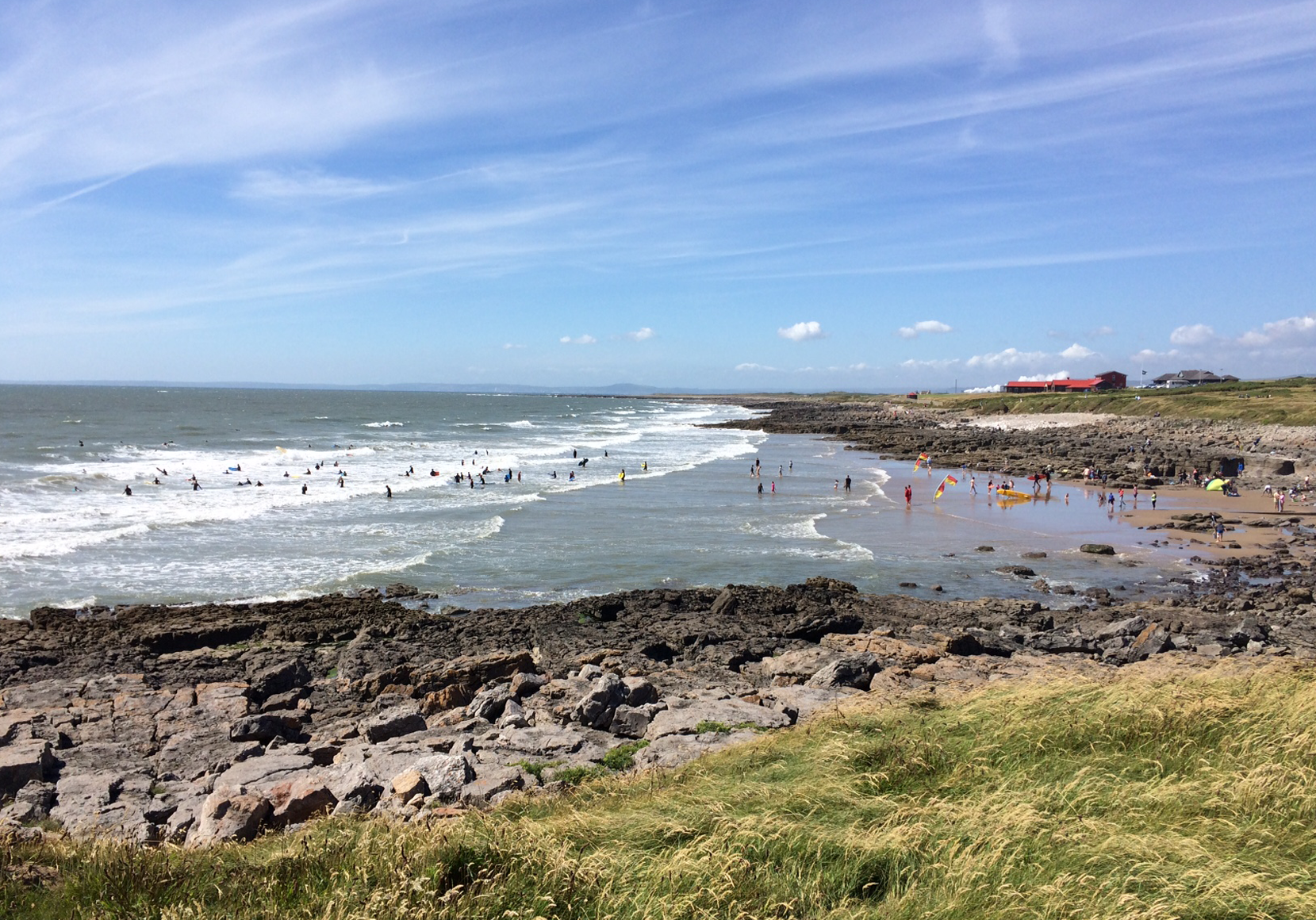Victims of Youth Crime and Restorative Justice
If you have been a victim of youth crime, our victim officer will make contact with you. The officer will keep you up to date with how your case is being dealt with, discuss with you how you/family have been affected. They will subsequently offer you the opportunity to become involved in the process through participation in restorative justice. All services offered are delivered in line with the Code of Practise for Victims of Crime.
Restorative justice provides you the opportunity to explain the full impact of a crime, get answers to questions that you may have and identify how a young person might repair the harm that they have caused. Restorative Justice holds young people to account for their actions and explores how they can make amends.
Participation in any of the restorative processes detailed below is on an entirely voluntary led basis, confidential and assessed for suitability by Bridgend Youth Justice Service staff.
A Restorative Conference is a face to face meeting between the person harmed and the wrong doer, and is facilitated by trained staff in a safe environment. The conference gives everyone an opportunity to provide their account of what happened and how they have been affected. At the end of the meeting, a way forward is agreed to ensure that there are no further problems and to see if the harm caused can be repaired.
In Shuttle Mediation a facilitator acts as a go between to enable communication to take place between those harmed and the wrongdoer. This is an opportunity to communicate about what happened and to find a way forward without the parties coming face to face.
When a young person is subject to a Referral Order, they are required to attend a panel meeting. The panel meeting consists of a BYJS officer and two trained volunteers that represent the public. The aim of the meeting is to draw up a contract of interventions for the young person to engage in during their order that address their offending behaviour and needs. You have the opportunity to attend the panel to talk about how the young person’s actions have affected you, suggest what the young person can do to prevent further problems and discuss a way forward.
You may not want to meet the young person face to face, but still want to receive an apology for their actions. Letters of apology can be completed as part of wider victim awareness work so that the young person can recognize the impact that their actions have had.
Reparation is a key component of the work that we do with young people and requires the young person to carry out tasks to benefit victims of crime and the community. We regularly work to improve public buildings and spaces, such as sports pavilions, schools, parks and community centres by completing jobs such as painting and gardening. We also regularly participate in activities to raise money for local and national charities. You have the opportunity to suggest ideas on what work is undertaken by the young person. This can be to benefit you, put right damage caused, and improve your area or a facility that you use or to raise money for a charity that you support.
If you have been a victim of youth crime and would like further information about the services we offer please contact us.

